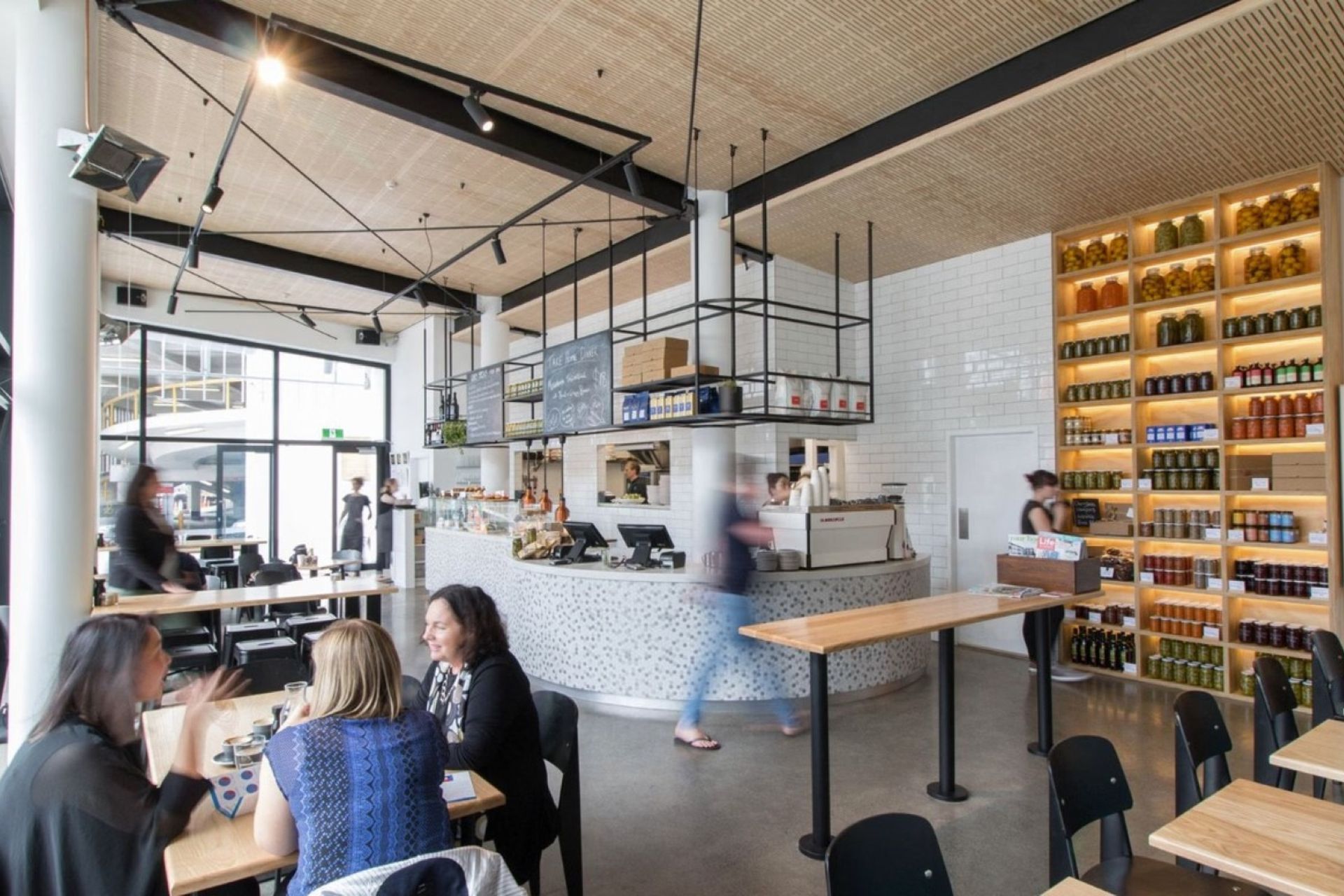Is your favourite cafe too loud to handle?

One Christchurch café, praised for its top-tier smashed avocado and warm service, has been called out by locals for its jarring noise levels. On a recent visit during the lunchtime rush, noise peaked at 89 decibels—comparable to a lawnmower. The culprit? Hard surfaces like polished concrete floors, high ceilings, and expansive glass windows that allow sound to ricochet unchecked.
For older patrons, and indeed for anyone with even mild hearing loss, this creates an uncomfortable, often exclusionary experience. But the issue isn’t limited to older generations—many younger diners are choosing to avoid these acoustically hostile environments altogether.
With approximately 880,000 New Zealanders living with some form of hearing impairment, the problem is widespread and growing. Increasing awareness, tools like the SoundPrint app have emerged to rate hospitality venues on their acoustic comfort. Sadly, only 30% of the venues listed in New Zealand fall within the “quiet” or “moderate” noise range (under 75 dB), with the rest either loud or dangerously loud.
Part of the issue stems from a modern design preference for minimalism—open-plan spaces with sleek finishes may look trendy, but they do little to absorb sound. As more venues embrace open kitchens, tighter table arrangements, and hard, easy-to-clean surfaces, customers and staff alike are suffering the auditory consequences.
That’s where acoustic solutions like Hush Panels come in. Designed to absorb and diffuse sound, Hush Panels are a discreet and stylish way to significantly reduce reverberation in cafes, restaurants, and bars. By strategically installing these panels on walls or ceilings, venues can immediately soften the auditory edge of a space, making it more conversation-friendly without sacrificing aesthetics.
Unlike traditional soundproofing that can be visually intrusive or impractical, Hush Panels blend seamlessly into a venue’s interior. They’re an especially smart investment for hospitality businesses looking to improve customer satisfaction and protect employee wellbeing.
Hospitality staff are also at risk. Unlike patrons who can choose to leave a noisy venue, workers endure prolonged exposure daily. ACC has recorded nearly 200 active hearing-loss claims from hospitality workers in recent years, a figure experts say likely underrepresents the true scale of the issue.
Despite challenges in retrofitting certain buildings, there are practical steps all venues can take. Incorporating Hush Panels is one of the most effective and flexible ways to create quieter, more inviting spaces without sacrificing style or seating capacity.
Industry bodies are beginning to acknowledge the issue. Restaurant Association CEO Marisa Bidois stresses the importance of tailoring acoustics to a venue’s identity—what works for a lively bar may be disruptive in an intimate dining setting. Hospitality NZ's Steve Armitage adds that while there are logistical constraints, many venues are taking steps to protect staff under their health and safety obligations.
Ultimately, better acoustics are not just a matter of comfort—they’re a matter of care. Customers are already voting with their feet, favoring places where they can chat without shouting. And as New Zealand’s population continues to age, the demand for quieter, acoustically conscious venues is only going to rise.
For venue owners looking to get ahead of the curve, now is the time to act. Implementing smart acoustic solutions like Hush Panels isn’t just good design—it’s good business.
This article references insights and data originally reported by Amanda Cropp for Sunday Star Times. You can read the full original article here
Photos - Pickle & Pie Cafe, 2 Lombard St, Wellington - "Great Coffee, Quiet Comfort using Hush Panels"

